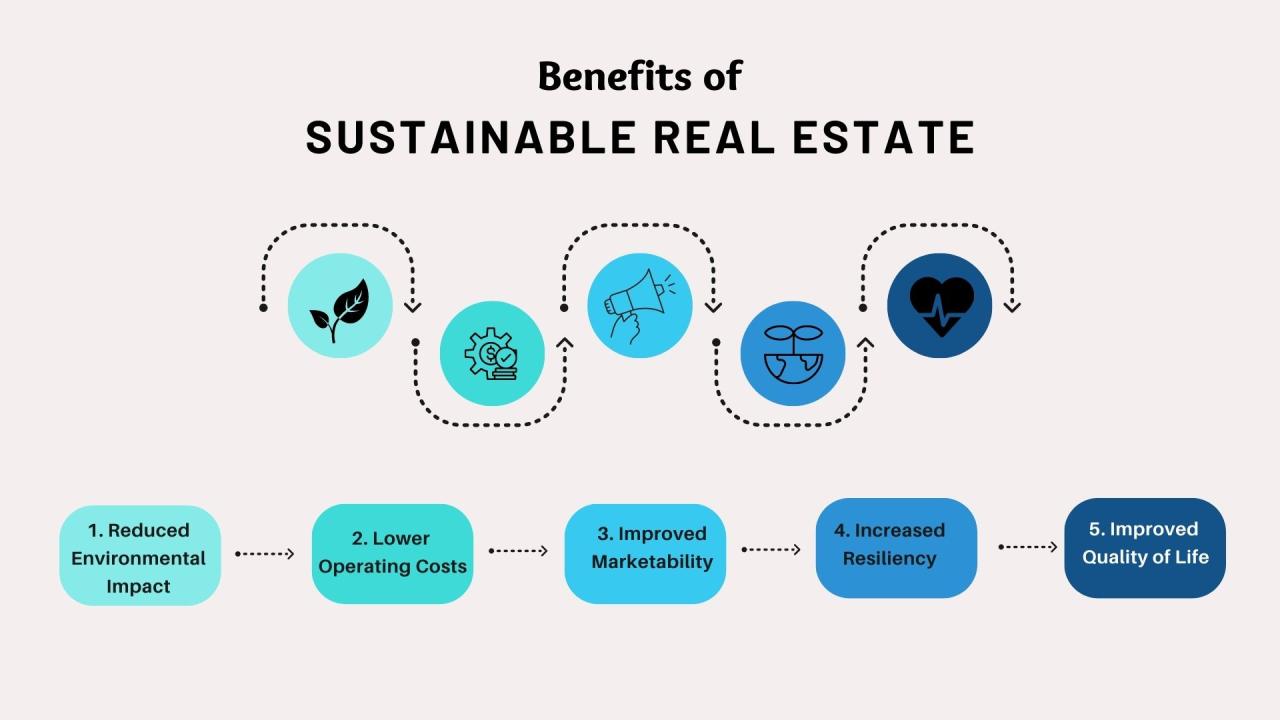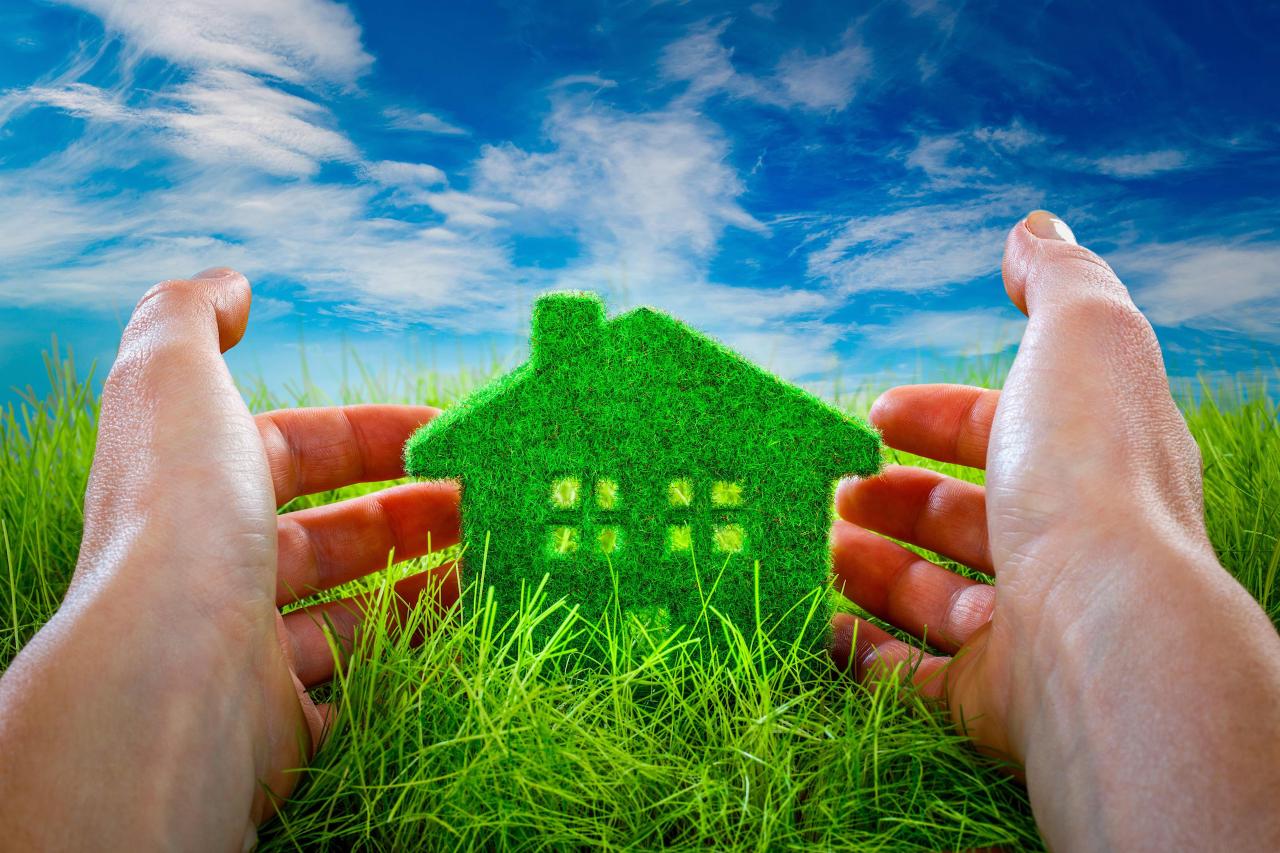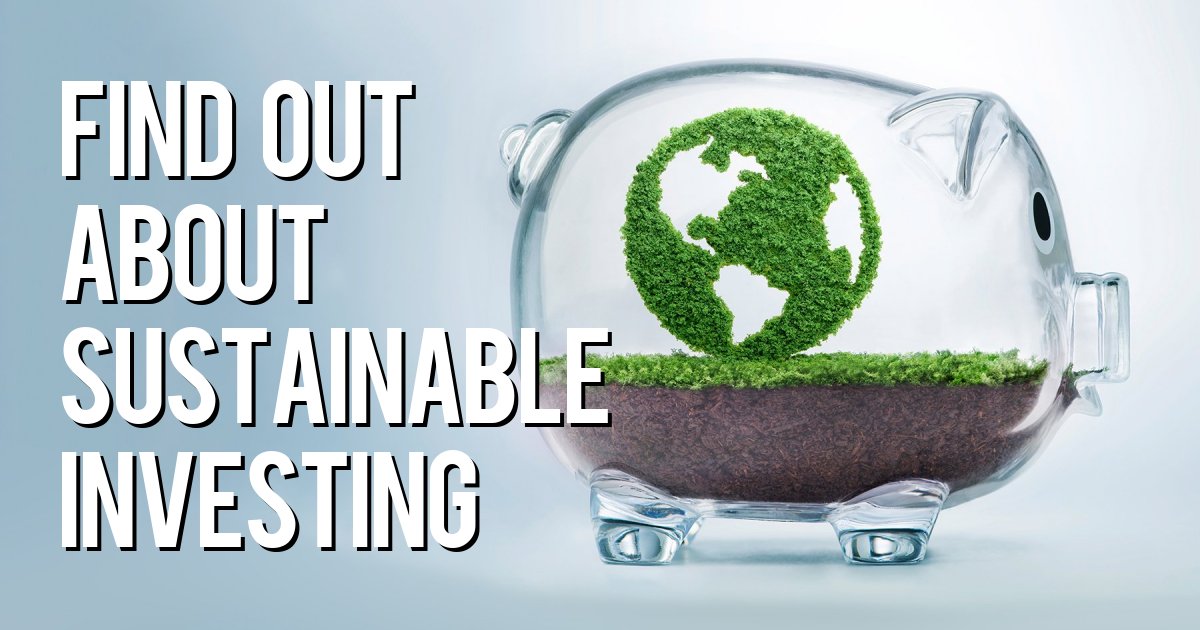In this auspicious occasion, we are delighted to delve into the intriguing topic related to Sustainable Investing Takes Center Stage: A Green Revolution in Real Estate. Let’s weave interesting information and offer fresh perspectives to the readers.
Sustainable Investing Takes Center Stage: A Green Revolution in Real Estate

The global capital markets are experiencing a seismic shift, with investors increasingly seeking to align their portfolios with their values. This movement, driven by a growing awareness of environmental, social, and governance (ESG) factors, is reshaping the landscape of real estate investing.
A Surge in Sustainable Funds:
The trend towards sustainable investing is undeniable. Global assets under management in sustainable funds reached a record high of $4.1 trillion in 2021, according to the Global Sustainable Investment Alliance (GSIA). This represents a staggering 18% increase from the previous year and signifies a significant shift in investor preferences.
The real estate sector, traditionally viewed as a high-carbon emitter, is not immune to this trend. Investors are increasingly demanding transparency and accountability from real estate developers and property owners regarding their environmental and social impact. This demand is driving the growth of sustainable real estate funds, which focus on investments in properties that meet specific ESG criteria.
Factors Fueling the Green Revolution:
Several key factors are driving this surge in sustainable real estate investing:
- Growing Awareness of Climate Change: The increasing frequency and severity of extreme weather events, coupled with scientific evidence of climate change, have heightened public awareness of the need for sustainable solutions. Investors are realizing that their portfolios can be both profitable and environmentally responsible.
- Regulatory Pressure: Governments worldwide are implementing regulations and incentives to encourage sustainable development. This includes tax breaks for green buildings, carbon pricing mechanisms, and stricter building codes. These policies are pushing real estate developers to prioritize sustainability in their projects.
- Investor Demand: Millennial and Gen Z investors, who are increasingly concerned about environmental and social issues, are driving demand for sustainable investments. They are seeking out companies and projects that align with their values and are willing to pay a premium for them.
- Financial Performance: Studies have shown that sustainable real estate investments can outperform traditional investments in the long term. Green buildings often command higher rents and have lower operating costs, making them more attractive to tenants and investors.
- Technological Advancements: The development of new technologies, such as renewable energy sources and smart building systems, is making it more affordable and efficient to build and operate sustainable real estate projects.
Sustainable Investing Takes Center Stage: A Green Revolution in Real Estate

Impact on Companies and Financial Markets:
The increasing interest in sustainable real estate investing is having a profound impact on companies and financial markets:

- Increased Competition: Real estate developers are facing increased competition from companies that prioritize sustainability. Investors are favoring projects that meet specific ESG criteria, and developers are adapting their strategies to meet these demands.
- Shifting Investment Flows: Capital is flowing away from companies that are lagging in their sustainability efforts and towards those that are leading the way. This is creating a new "green premium" for companies that are committed to sustainability.
- Greater Transparency: Investors are demanding greater transparency from companies regarding their environmental and social impact. This is leading to the development of new reporting standards and frameworks for measuring and disclosing ESG performance.
- Innovation and Collaboration: The trend towards sustainable real estate investing is driving innovation in the sector. Companies are collaborating with each other and with governments to develop new technologies and solutions that address environmental and social challenges.
- Long-Term Value Creation: Sustainable real estate investing is not just about short-term returns; it’s about creating long-term value for investors, tenants, and society as a whole. By reducing environmental impact and promoting social equity, sustainable real estate projects can contribute to a more sustainable and equitable future.

The Future of Sustainable Real Estate:
The future of sustainable real estate is bright. As the demand for sustainable investments continues to grow, we can expect to see:

- Increased Investment in Green Infrastructure: Investments in renewable energy, energy-efficient buildings, and sustainable transportation infrastructure will continue to grow.
- Greater Focus on Social Equity: Sustainable real estate projects will increasingly focus on addressing social issues, such as affordable housing and community development.
- New Technologies and Innovation: Technological advancements will continue to drive innovation in the sustainable real estate sector, leading to more efficient and sustainable buildings and communities.
- Increased Regulation and Transparency: Governments will continue to implement regulations and incentives to encourage sustainable development, and companies will be held accountable for their ESG performance.
- Investing In A Greener Future: The Rise Of Sustainable Investing And Top Podcasts To Tune In
- Green Is The New Gold: Top Real Estate Investing Books Explore The Sustainable Investment Boom
- Sustainable Investing Takes Center Stage: A Look At The Books Driving The Trend
- Sustainable Investing: A Green Tide Sweeping Global Markets
Related Articles: Sustainable Investing Takes Center Stage: A Green Revolution in Real Estate
Thus, we hope this article has provided valuable insights into Sustainable Investing Takes Center Stage: A Green Revolution in Real Estate.
Conclusion:
The shift towards sustainable investing is a global phenomenon that is transforming the real estate sector. Investors are demanding greater transparency and accountability from companies regarding their environmental and social impact, and are rewarding those that prioritize sustainability. This trend is driving innovation, creating new investment opportunities, and ultimately contributing to a more sustainable and equitable future.
Moving forward, investors and developers alike need to embrace the principles of sustainable real estate investing. This involves:
- Setting Ambitious ESG Goals: Establish clear and measurable goals for reducing environmental impact and promoting social equity.
- Investing in Green Technologies: Adopt innovative technologies to improve energy efficiency, reduce waste, and enhance building performance.
- Prioritizing Transparency: Disclose ESG performance data openly and transparently to investors and stakeholders.
- Collaborating with Stakeholders: Engage with communities, governments, and other stakeholders to create sustainable and resilient communities.
By embracing these principles, we can unlock the full potential of sustainable real estate investing and create a more sustainable and equitable future for all.
We hope you find this article informative and beneficial. See you in our next article!
 cryptonias.my.id News Bisnis Technology Tutorial
cryptonias.my.id News Bisnis Technology Tutorial